How do you select an investment fund for your child?

Keytrade Bank
keytradebank.be
May 20, 2024
(updated May 27, 2024)
3 minutes to read
As a parent of one or more young children, you have several options to save on their behalf. One of these options is investing. But how can you choose a suitable investment fund for your child? We're here to tell you all about the do’s and don'ts of this savings option.
What exactly is an investment fund?
If you are looking at investing in your child’s future, it will not be long before you come across the term "investment fund". But what exactly does this mean? An investment fund is a fund that collects money from several investors to invest jointly in a wide range of assets such as shares, bonds, real estate or other financial instruments. It is a kind of a way for investors to band together. As you are investing jointly with others – which is possible with a small amount of money – all your money will not depend on the success of any single company or sector. As a result, the risk is lower than with individual shares. A team of experts manages and optimises this "shared pot", so you don't have to worry about your investment. In short, it is an interesting option if you want to build up a nice lump sum for your child’s future – without needing to become an investment expert yourself.
Why invest for your child at all?
Investing for your child(ren) comes with a number of different benefits. Apart from the fact that you have introduced them to the idea of saving and investing at an early age, the following factors may play a role: • Increased yields Children have the advantage of time, giving the investments you make for them the opportunity to grow. This means you can achieve a higher yield on your investments than with a traditional savings account. • Financial security If you start investing right now, you will build up a good financial buffer for your child. This will help them with future financial milestones, such as paying for their studies or buying their first home. • Get started with a small amount Through an investment fund, you can invest in an extensive portfolio with just a small amount. This offers potentially higher growth than a savings account. • Flexibility You can pay into a number of investment funds whenever it best suits you. This makes it easier to invest in your child’s future without overstretching your current financial situation. • Diversifying risk Do you have a classic savings account only? If so, your money will lose value over the long term. Investing also involves risks, such as a drop in value.
You should also be aware that there are some general points to look out for and risks associated with this form of saving. Find out more about this here.

Investments yield much more than a traditional savings account over the long term. You will also earn much more than if it was stashed away in a piggy bank, too.
How do I get started?
As a general rule, the earlier you start investing, the greater the compound interest effect, which is what ensures that your wealth grows faster in the long term. first, decide how much you want to invest and how often, and what level of risk you can accept (we will go into this in more detail below). You can start investing with small amounts, such as EUR 10 per month or even EUR 25 per year, often even without any entry or exit fees. Another choice you need to make: do you want to set up the investment fund in your child’s name or in your name with your child as the beneficiary? If you choose the first option, the money belong to your child and he or she will take control of the fund at the age of 18. With the second option, the funds belong to you, so you always remain in control. It is useful to know that inheritance tax needs to be paid if you die before your child is 18 and the investment fund is in your child's name. This is because the money is already in your child’s name. Do you prefer to have a fund in your name with your child as the beneficiary? If so, the money goes to the child on the agreed date or they become the owner of the fund, but inheritance tax is due on it. This is because you, as the parent, are the legal owner of the amount on the account.
What are your options?
Before choosing an investment fund, it is best to first stop and consider the level of risk you are willing to take with the capital earmarked for your children. These levels are, in turn, linked to differing potential returns. The higher the risk, the higher the potential return, but also the higher the risk of losing money. We offer the following 4 options in our KEYPLAN for Kids: • Cautious This gives you the best chance of preserving your capital. The risk that the value of the assets in which the fund invests will fluctuate is the lowest in this case. However, this choice will be the likely be the least profitable at the end of the day. • Balanced As the name suggests, this is a good balance between a cautious and adventurous investment. This KEYPLAN is not the most profitable, but the risks remain limited. • Adventurous This plan can give you the highest return, but it also involves the greatest investment risk. This is where the value will likely fluctuate the most. Fluctuations can be both upwards and downwards. • À la carte With this option, you can put together your own KEYPLAN. There are a total of 40 carefully selected funds to get started with. Each option comes with its own risk. Whenever you invest, there is always a risk that you may incur a loss. Click here for a clearer picture.
Choosing an investment fund for your child? Calculate your return now!
Just do it used to be a clever slogan. We would have to agree with it! Start investing for your child today. You know by now: the sooner you start, the bigger the pay-off. Want to find out more about how it works? Do a quick calculation with our user-friendly simulator. Your little darlings will thank you for it on their 18th birthday. Calculate now
Other articles that might interest you
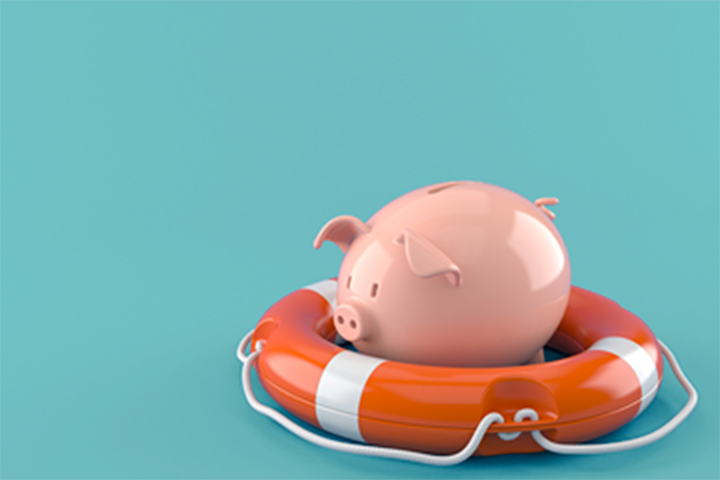
Guide: how much you need in savings

Monthly video 2026

Valentine’s rally: romance meets precious metals

Stock market romance: profiting from Valentine’s Day?

Investing in the $1,000 club
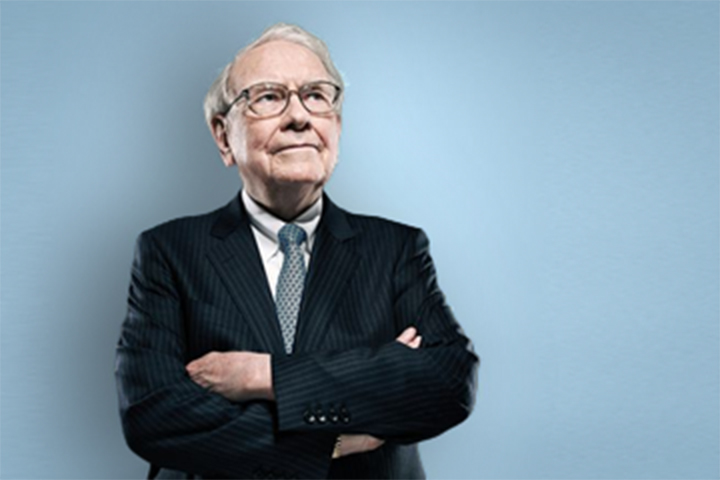
Ten lessons that stand the test of time: The legacy of the Oracle of Omaha
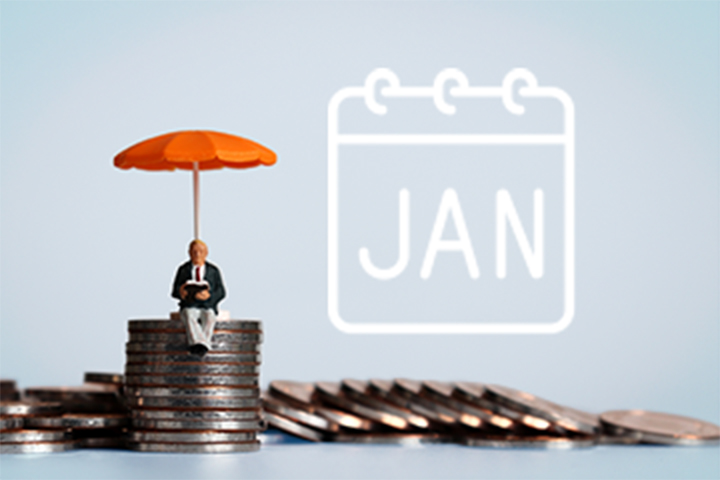
Why you should pay in the maximum amount to your pension savings in January
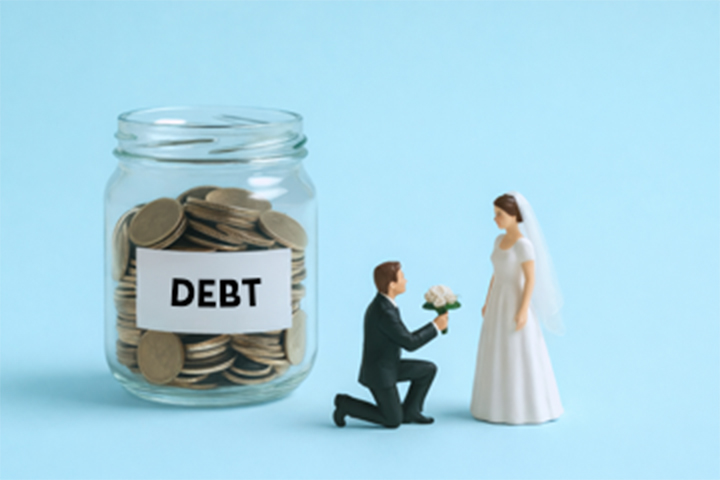
Planning to live together or get married? What this means if your partner is in debt...

Monthly video 2025
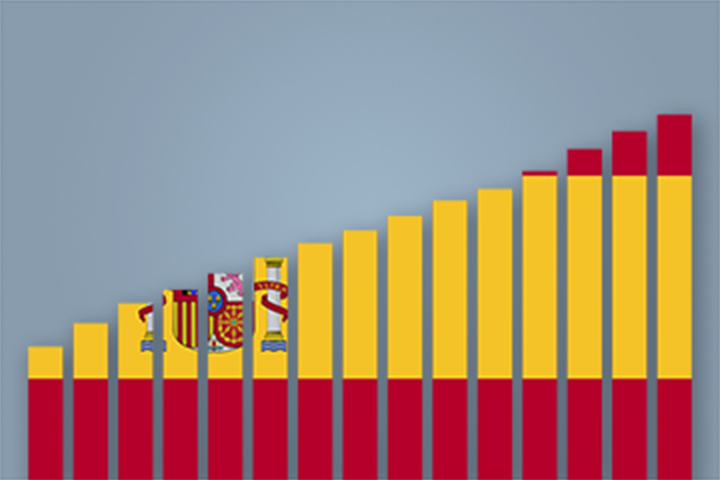
From siestas to sprints, the Spanish stock market surprises investors
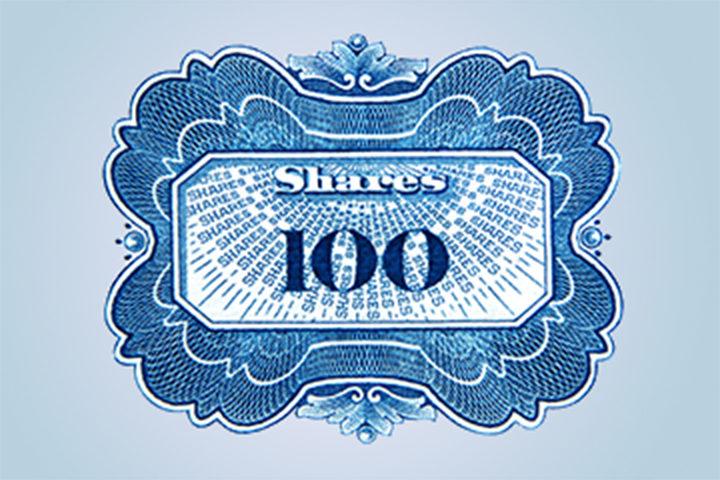
Is it time to say goodbye to bonds?
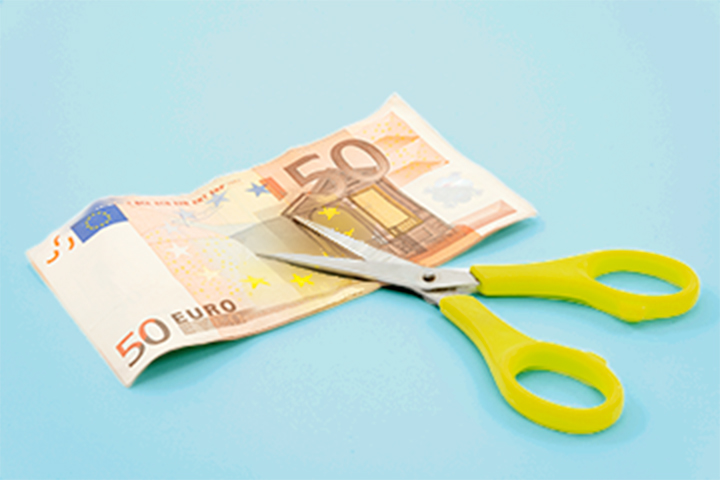
Capital gains tax: how will it affect your portfolio?
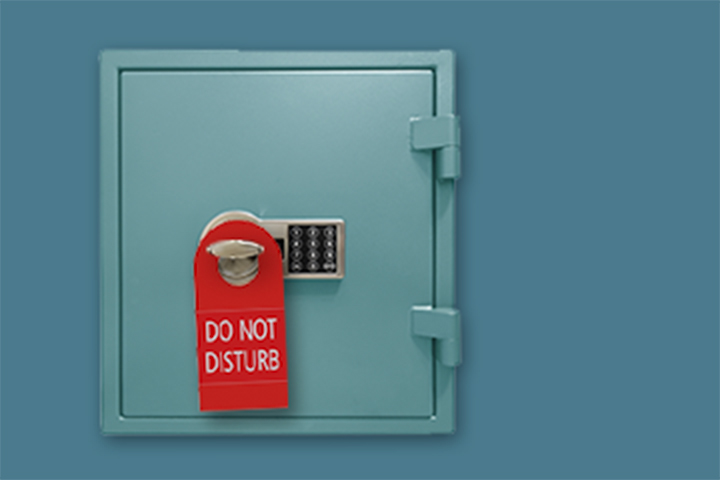
Do you have a dormant account? This is how you can check!

Are we in an AI bubble?

Are luxury stocks worth investing in?
Investing in AI: hype or a ticket to the future?

Will AI replace human investment advisers?

From stadia to the trading floor: here's how to invest in sport

Lost in the ETF jungle? Here's a compass to help you find your way

How to choose a tracker?
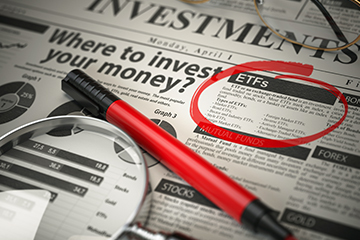
What is a tracker and how do you choose the right one?

Investing in stock market newcomers: a sensible strategy?

Graph of the week: Industry has not succumbed to Trump!
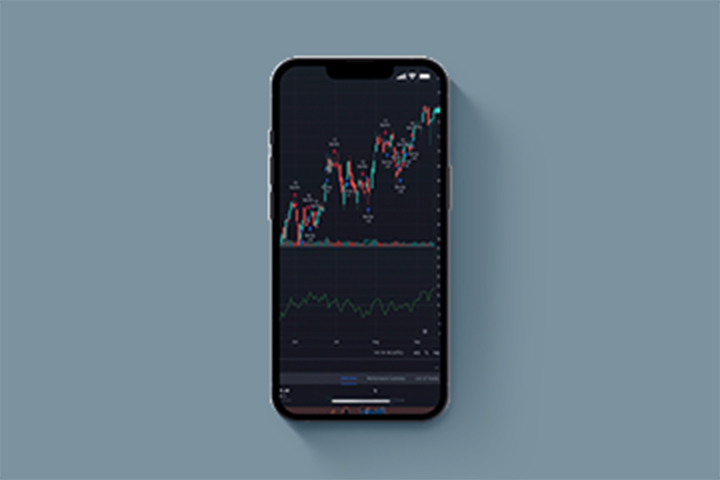
Why are shares continuing to rise? No-one knows
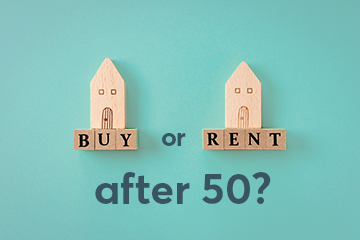
Buying or renting after you turn 50: which option is best for your future plans?

Belgium becomes a global player in healthcare real estate

Why you can take out a home loan too as a single person

Should we be concerned about the US debt mountain?

Have you considered investing in Latin America?
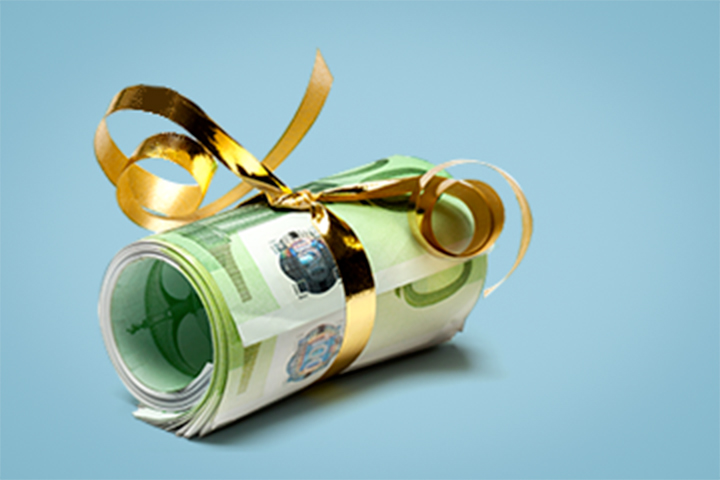
Gift or inheritance? Avoid these 3 big pitfalls (and any unnecessary tension)

An offer, an option agreement or a contract: ending the confusion

Taking out a loan for energy-saving renovations: what are your options?

Everything you need to know about the post-intervention file

Is a buy-to-let property a smart investment?

From offer to contract: avoid these errors

A no-deposit mortgage loan: fact or fiction?

Age limit for a mortgage loan: is it true?

What happens to the shared home when a relationship breaks down?

Helping your (grand)children to buy a home: what are the options?
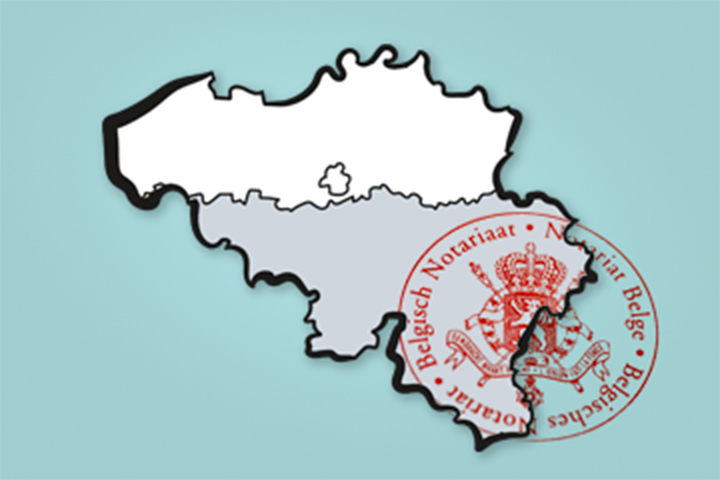
Stamp duty and inheritance taxes are set to fall sharply in Wallonia

10 tips for the novice property investor

What to look out for when buying a home

Planning renovations? Which renovation grants are you (still) entitled to?

Rental income and taxes: what every landlord should know

Investing in your partner’s home? Don’t make these mistakes!

Does Japan have the most underestimated stock market in the world?
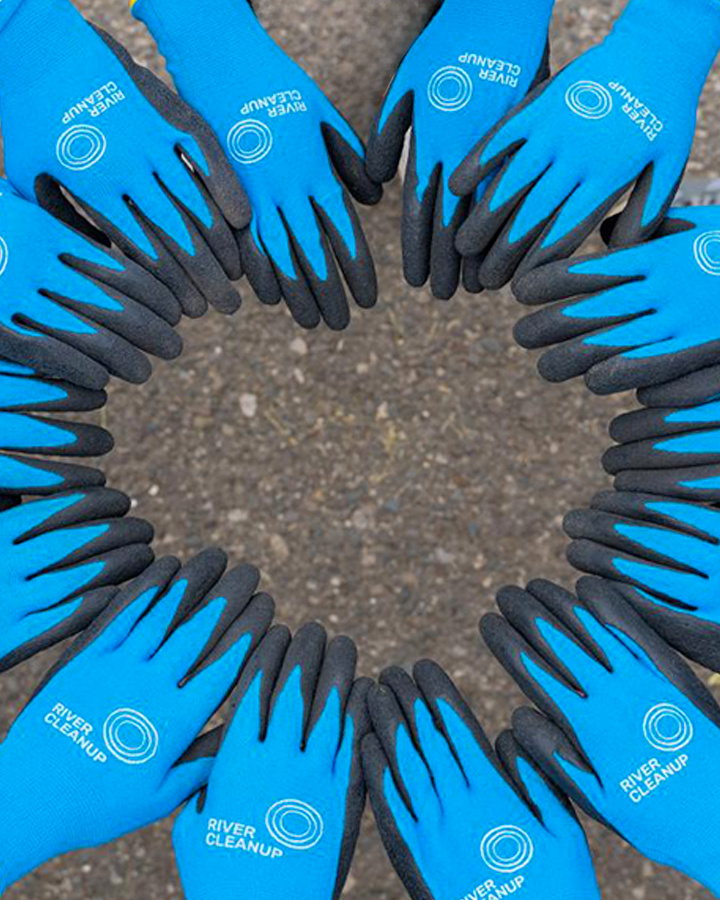
World Cleanup Day

Is stagflation becoming the new buzzword?

Humanoid robots: hype or golden opportunity for investors?

Passive investing: less effort for a better return

One inheritance at multiple times: contingent legacies
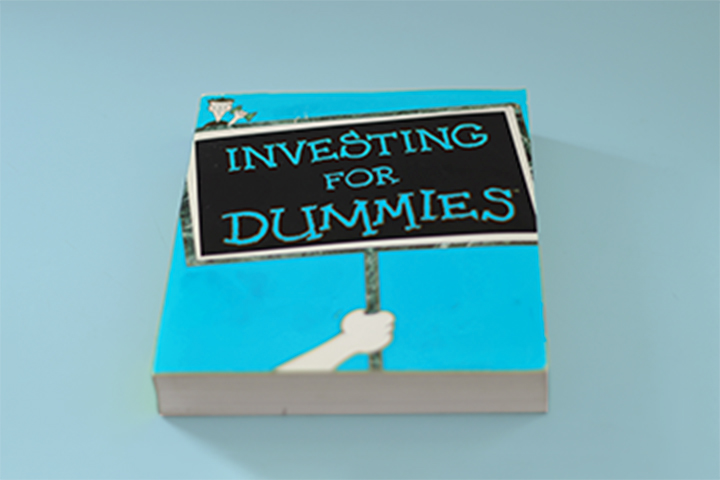
A beginner's guide to buying shares in five steps

Is Elon Musk about to crash Tesla shares?

Your family member dies: how to manage their banking

American optimism reversing: time to head for the exit?

Lending money to family or friends: do you have carte blanche?

An investment guide to Europe's military resurgence
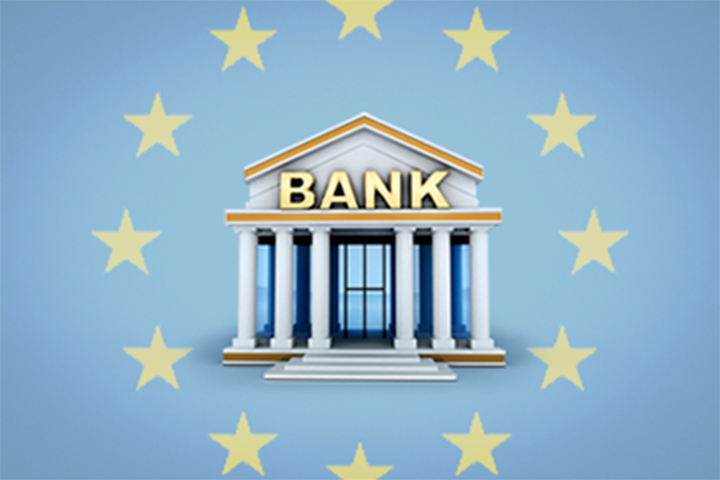
Are European bank stocks experiencing a renaissance?

Dividend aristocrats: a good beginner investment strategy?

Monthly video 2024
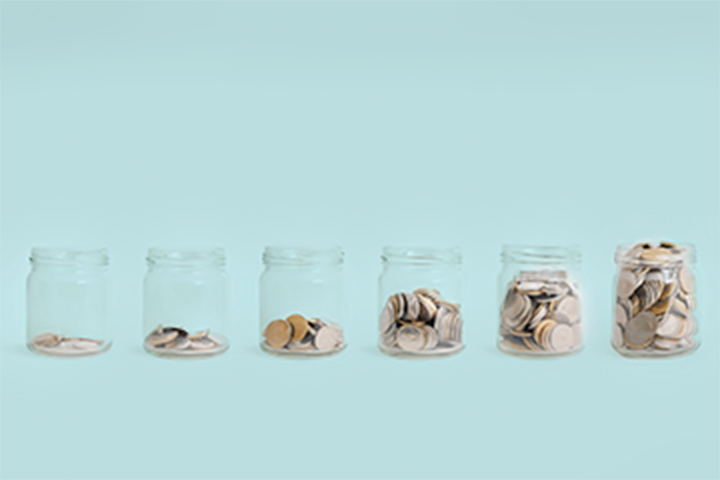
Investing when money is tight: being ambitious pays off!
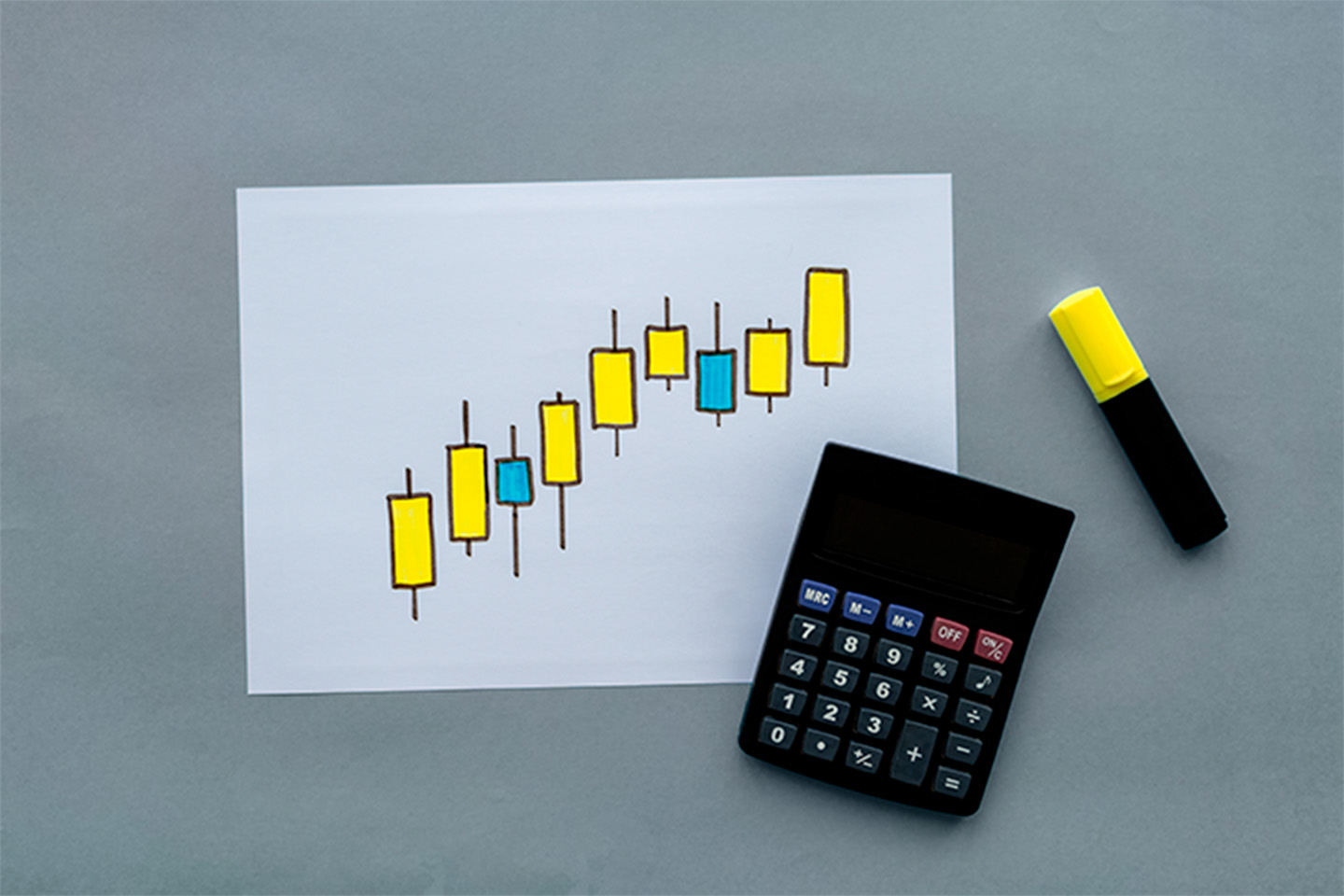
What is investing, and why is it an option for you?

Married, cohabiting or in a non-cohabiting relationship: the impact on gifts and legacies

Writing your own will? Avoid these 10 mistakes

12 questions and answers about a lasting power of attorney

Want to fit in a gift before the end of the year and avoid paying gift tax?
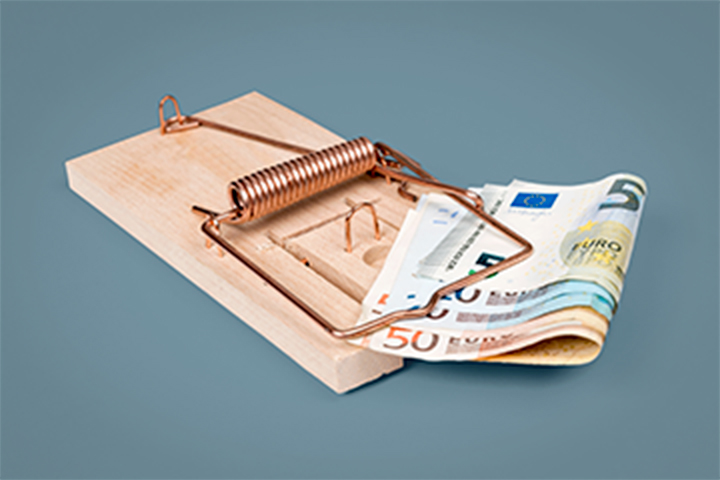
What you need to know before you start dividend investing

Start growing your pension sooner rather than later
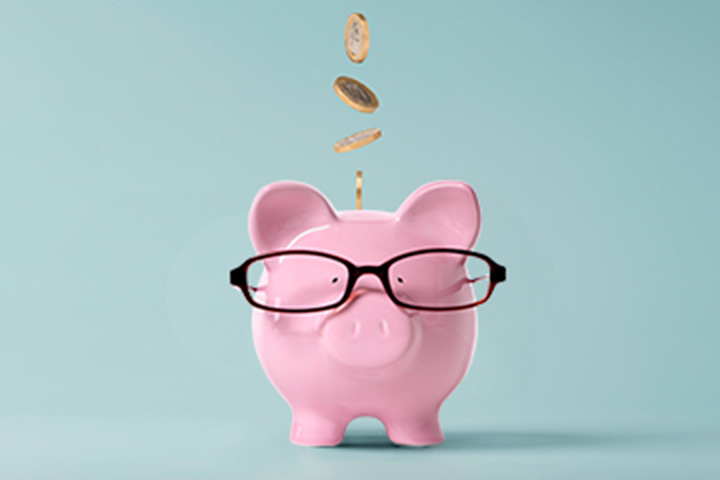
What monthly pension savings for a maximum return?
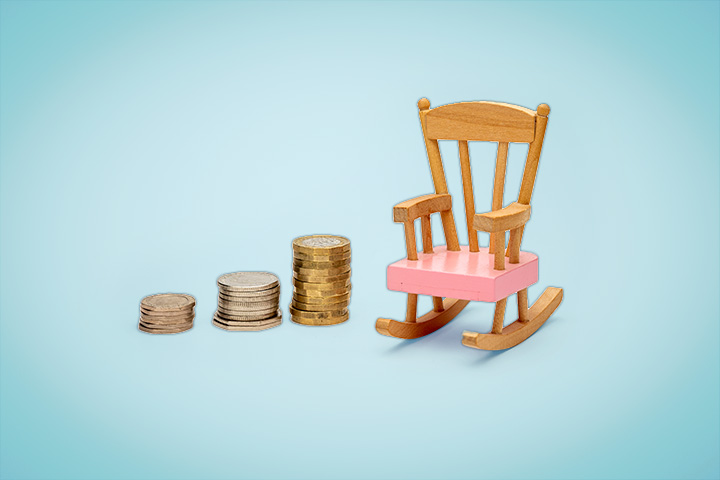
Lifetime pension savings: the sooner you begin, the more you rake in

What if pension savings were like a dating app?
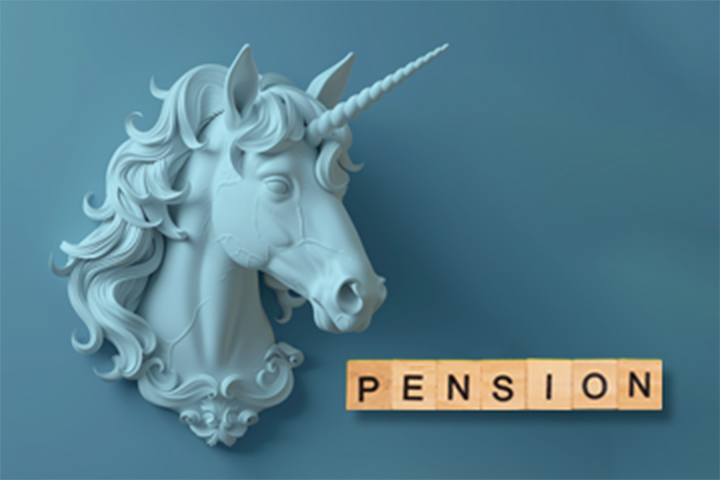
Myth busters: 5 myths vs. facts about pension savings

Pension savings: save the grey hair for later

What would the retired version of you say to yourself?
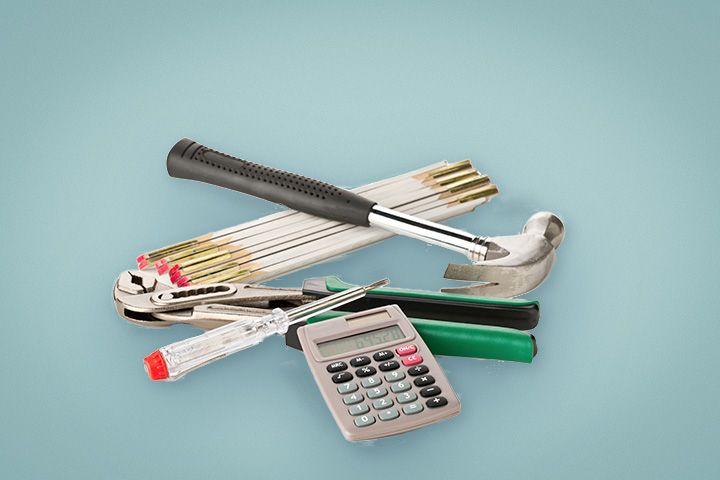
Which loan is the best fit for your renovation project?
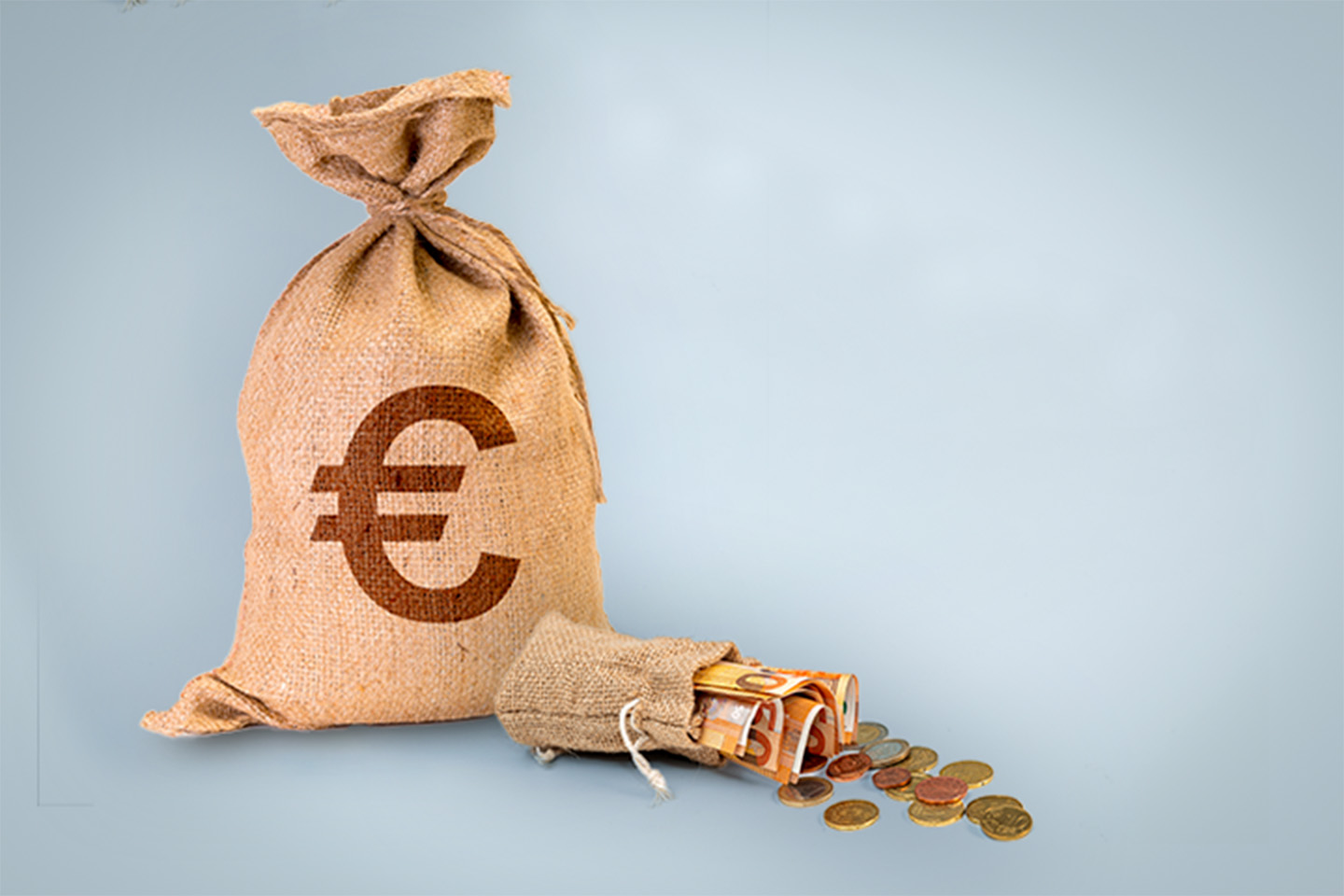
Lump-sum investing vs cost averaging: which offers the highest return?
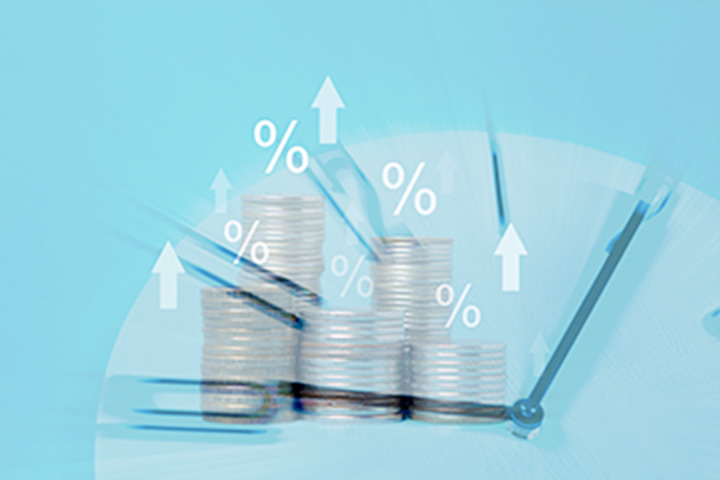
When should you start investing? Seven potential key moments in your life

What type of investor are you? Take the quiz

Are there shortcuts to becoming financially independent?
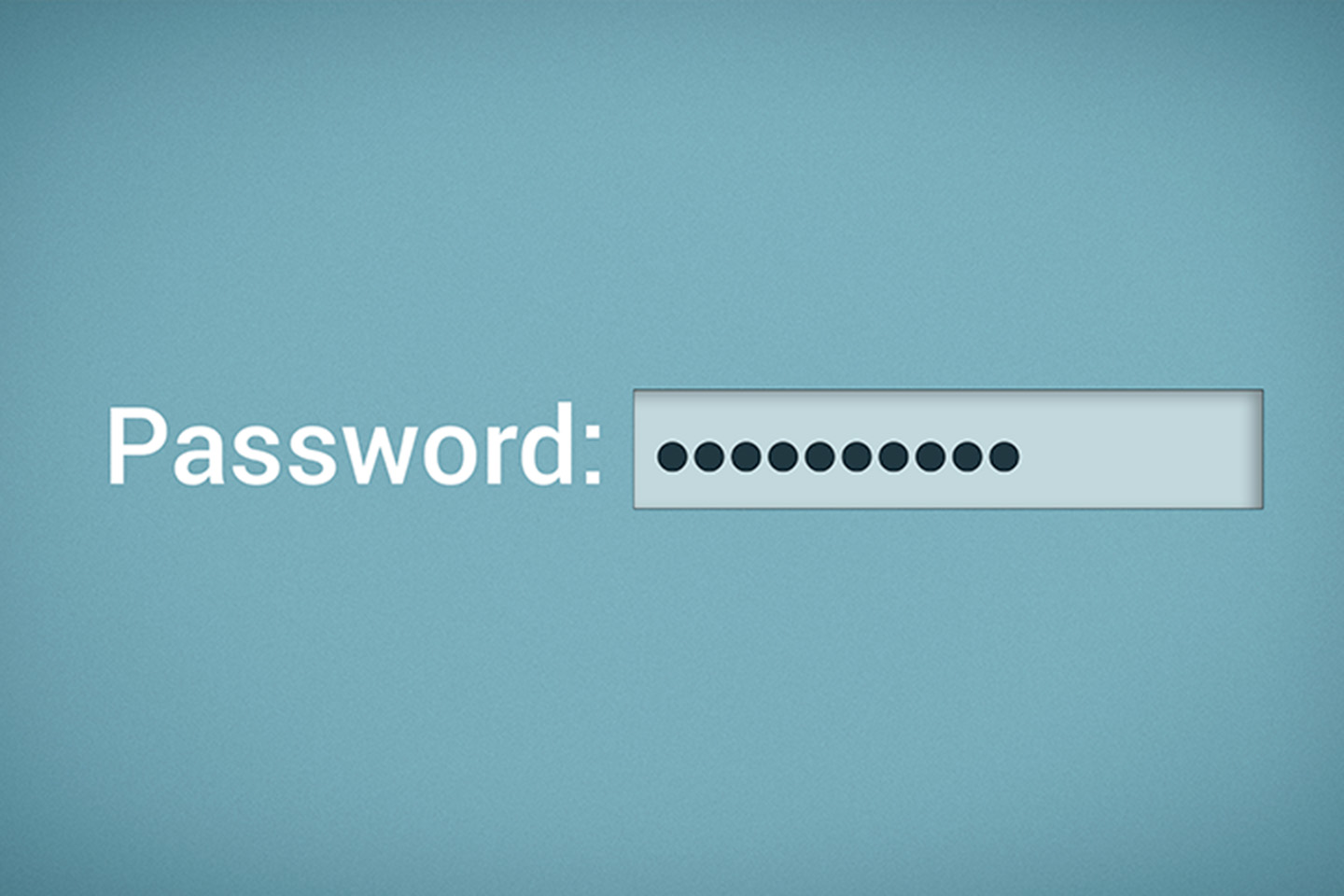
Have a password manager on your cybersecurity checklist yet?

Scam letters are back (even though they never really went away)
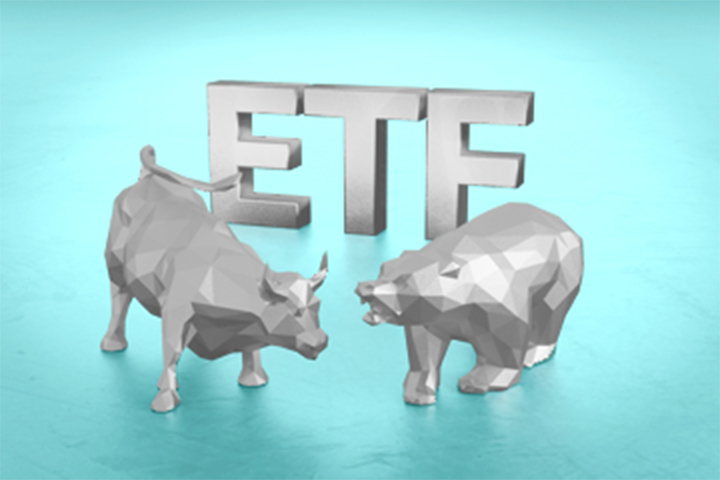
Actively managed ETFs: the best of both worlds?

6 reasons to invest in food

Checklist: travel without any money worries

Take a moment to read this before sharing your data

Investing in Belgian shares: the dangers of too many domestic securities

Untaxed side jobs: what is allowed and what is not (any more)?

Investors, never pay too much for your favourite share!

Who's who at Keytrade Bank? Who answers the phone when you call us?

Who's Who? Visiting IT

Buying real estate together? Consider a rights of survivorship clause

Would it be better to buy a student room than rent one?

House flipping: is it worthwhile?

What your friends forgot to tell you about cheaper travel
Investing in football shares: what's the score?

Comparing savings accounts: where do you put your money?

Watch out for recruitment scams

Europe is no longer falling behind!
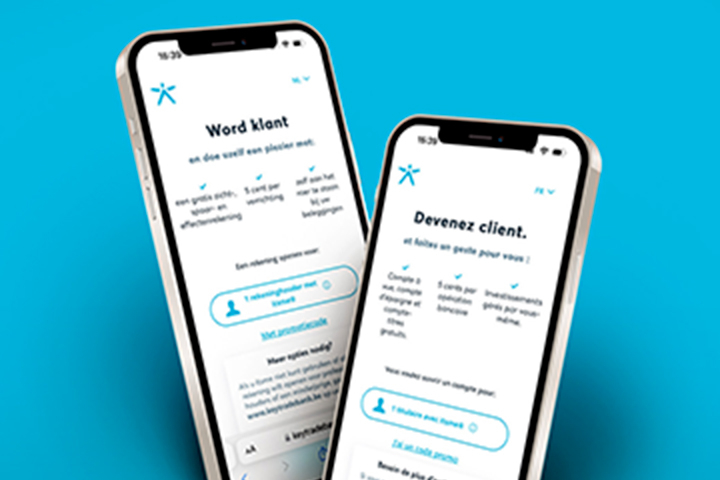
Opening an online bank account: what is holding you back?

The difference between distribution and accumulation for funds or trackers

Is joining the BEL20 actually good for you?

Have you ever thought about investing for your children?

Online dating scams: tips to protect yourself

Can we still say "Magnificent Seven"? Or should it be "2 Unlimited "?

What do you have to tell the tax man about your money and investments?

New in Flanders: interest-free loans for renovations

Monthly video 2023

Shopping online: 7 tips and points to consider

Small company shares with big opportunities?

6 reasons why installing solar panels is still worthwhile in 2024

Golden days? Why to invest in gold (or not)

Exemption from withholding tax on dividends

Looking back on 2023

Will bonds beat shares in 2024?

Watch out, danger's about

Don't forget to create an extra access!

Shorting: what is it and how does it work?

The 10 principles of stock market success

How to invest in the energy transition?

Read this before you scan another QR code
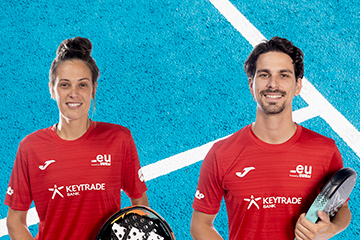
Good positional play is important!
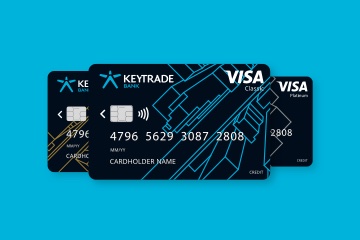
Keytrade Bank has one of the few free credit cards on the Belgian market

How to put phishers out of a job

Is India the new China?

Padel has got a new doubles partner with Keytrade Bank

Investors are not afraid of risks! Or not yet?

Get ready for the last quarter!

Investing in biodiversity: can Wall Street save the rainforest?

Don't forget to make arrangements for your digital estate

Saving for the sake of saving? Or with a goal in mind?
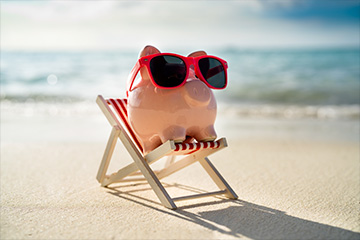
How do you prepare financially for a longer life?

Handling recessions: a manual

Sell in May? Is it really such a good idea?

Make an impact with your Keyprivate

How much diversification is enough for your portfolio?

From KIID to KID: new rules, better investment decisions

Which investment opportunities are available on the road to smart mobility?

Is the end nigh for American dominance?

A vitamin shot for your investments
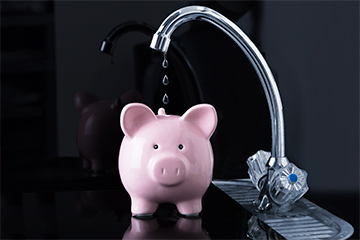
Does water earn a place in your portfolio?

Bonds to rise in 2023?

Monthly video 2022

A Keytrade Bank Nature Trail? Yes, please.

What is technical analysis and how does it work?

Who's who at Keytrade Bank? Data first

The situation following the Russian invasion of Ukraine

6 points to consider for thematic investing

Is tighter monetary policy acting as a brake on the stock market upturn?

How can you donate or leave a legacy to a charity?

As close as possible to staff

A Keytrade Bank Nature Trail? Yes, please.

How do you find out what a company’s ESG rating is?
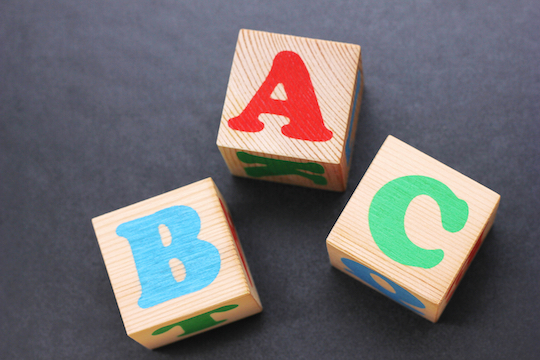
ESG's alphabet

How much additional income are you allowed to earn as a pensioner?

All in our fund market at the same price

How to invest if you're on a tight budget

No extra costs ...

10 ways to save money with apps

Monthly video 2021

Hate budgeting? This is your guide to budgeting

Podcasts about money and investments (part one)

Can countries go bankrupt?

Inflation? Grab some commodities for your portfolio!

Enjoy your stay at the hotel and pay less

Gold, cash and government bonds: how safe are safe havens?

Baby on the way? Make sure your finances are ready for it, too

How to protect your capital in the event of a divorce

The halo effect: why we are buying the shares of Buffett, Bezos and Musk

Why investing for your child is a good idea

Timing is everything: how to choose the right time to enter the stock exchange?

La technologie préserve les investisseurs contre l'utopie

What is fundamental analysis, and how does it work?

How to include your grandchildren in your inheritance planning: 8 questions and answers

Why (not) invest in micro-caps?

Rent or buy? How to use the price-to-rent ratio

The treacherous stock market

Talking to your family about legacy: how to get started

Stock market versus bricks and mortar: 1-0

Maths on the stock market

The lazy marathon investor

The impact of luck on investments

Equity investors look beyond gloomy economic data

7 investment themes for 2029 (for which you can get a head start already)

Ten basic rules for lifelong success on the stock market

Share everything with peace of mind. Except your bank cards.

Any dip in the global economy appears to just a passing blip!

Seven investment myths

Emerging countries are lagging behind!

First Aid for Your (Financial) Administration

Coronavirus blog Geert Van Herck: Property once again fails to deliver diversification bonus

Gift or inheritance: which is the most tax-efficient?

Making an offer on a property: what should you look out for?

Saving your payment card details in your browser: yay or nay?

Swapping your car for a bike: how much money could you save?

No extra costs. Yet 700,000 euros gladly given to you, our customers!

Can China make the dollar crash?

Afraid of causing Ferrari or hammock syndrome? This is how you can make a gift and stay in control

US stock market dominance not coming to an end yet!

Podcasts about money and investments (part two)

Anxious about inflation? Have you ever considered the mining sector?

Will the MSCI Emerging Markets index become the next big thing?

What does higher inflation do to your savings and investments?

How can you invest successfully?

Which shares suit you?
















































































































































































